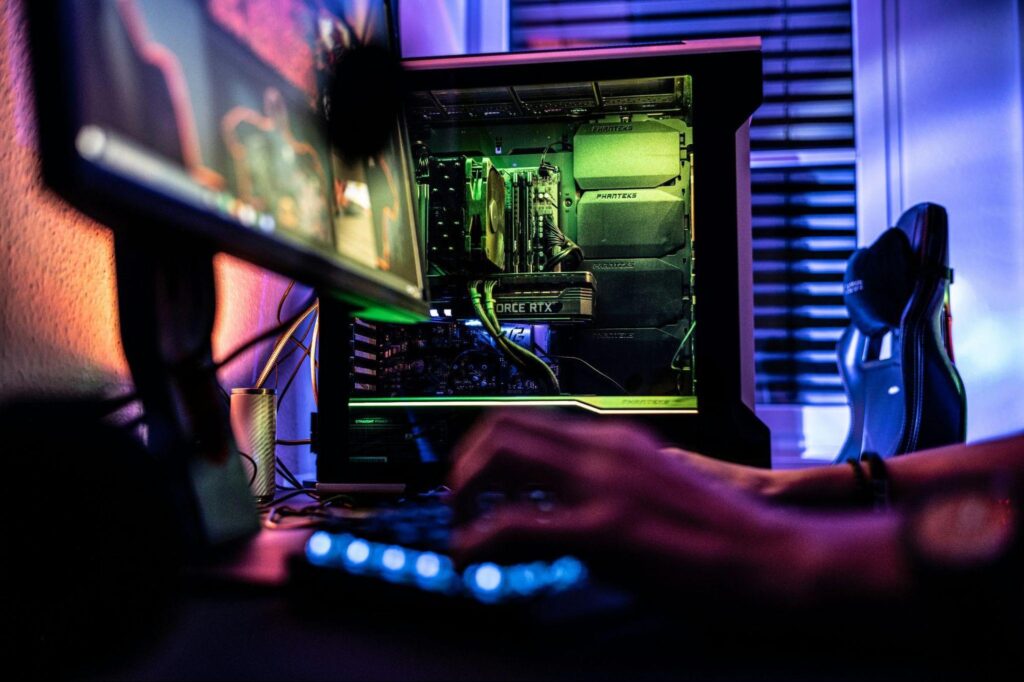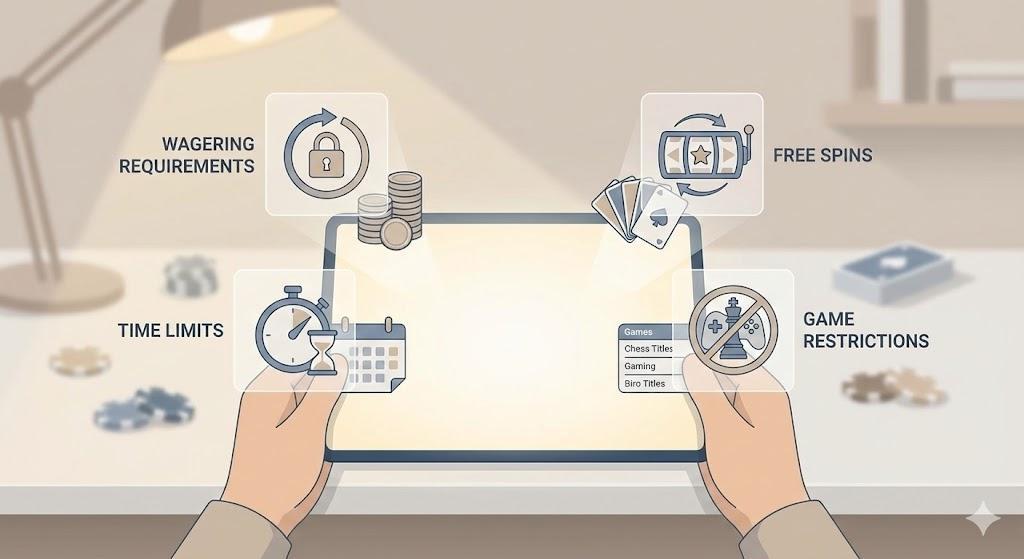Online gaming has exploded in popularity, connecting millions worldwide in thrilling virtual worlds. But as the gaming community grows, so do the cyber threats targeting gamers – from DDoS attacks to data breaches and beyond. Protecting your personal information and ensuring a secure gaming environment is no longer optional; it’s essential.
This article dives deep into the unique security risks gamers face and the powerful steps you can take to safeguard your gaming accounts, data, and experience. Whether you’re a casual player or a competitive esports athlete, these insights will help you level up your online security game.
Table of Contents
ToggleKey Takeaways:
- Understand the top online threats facing gamers today
- How VPNs can enhance your gaming security
- Best practices to protect your personal and account data
- Strategies to prevent and mitigate DDoS attacks
- Tips for a safer, smoother online gaming experience
The Evolving Threat Landscape for Gamers
With gaming’s meteoric rise, malicious actors have taken notice. Gamers now face a diverse array of cyberattacks designed to steal data, disrupt gameplay, or exploit valuable virtual assets. However, not all forms of gaming carry the same level of risk. For instance, browser-based titles such as cooking games tend to be safer for gamers since they don’t usually require downloads or third-party installations that can hide malware or phishing traps. These lightweight experiences are a great way to enjoy casual gaming while minimizing exposure to online threats.
Common Attacks Gamers Should Watch For
- Social Engineering & Phishing: Scammers use fake giveaways, phishing links, or impersonation to trick players into revealing login credentials or payment info.
- Malware in Mods and Cheats: Downloading unofficial mods or cheats can expose your device to malware that compromises personal data or system security.
Why Gamers Are Prime Targets
- Valuable Gaming Accounts: Rare in-game items and high-level accounts have real-world value, making them lucrative targets for hackers.
- Sensitive Personal Data: Profiles often store personal and financial information, which can be exploited for identity theft or fraud.
Understanding these threats is the first step toward fortifying your defenses and protecting your digital gaming life.
Understanding and Preventing DDoS Attacks in Gaming

Distributed Denial of Service (DDoS) attacks flood a gamer’s network or game server with overwhelming traffic, causing disconnections, lag, or even complete outages. These attacks are especially disruptive in competitive gaming where stable connections are critical.
The Impact on Competitive Play
- Match Disruptions and Rank Loss: DDoS attacks can cause disconnects leading to lost matches or unfair penalties in tournaments.
- Server Instability: Lag spikes and downtime frustrate entire gaming communities.
- Targeted Harassment: Competitive gamers are often singled out in attempts to sabotage their gameplay.
How to Defend Yourself
- Use VPNs with built-in DDoS protection to mask your IP and filter traffic.
- Keep your devices secure and updated.
- Have contingency plans ready for tournament play.
The Real Dangers of Swatting and Doxxing
Beyond digital theft, some threats spill into the physical world. Swatting (fake emergency reports to send armed police to your home) and doxxing (publishing personal information online) have caused serious harm and legal consequences.
Protecting Yourself
- Be cautious about sharing personal details online.
- Use strong privacy settings on gaming platforms and social media.
- Separate your gaming identity from your personal identity.
- Employ VPNs to conceal your location and IP address.
Guarding Against Account Hijacking
Gaming accounts have become valuable commodities on the black market, fueling hacking attempts worldwide.
Tips to Secure Your Gaming Accounts
- Enable Multi-Factor Authentication (MFA) on all platforms – it adds a vital second layer of protection beyond passwords.
- Use unique, strong passwords (avoid reused or easily guessed passwords).
- Use password managers to keep track of credentials securely.
- Act swiftly if your account is compromised – report it and change passwords immediately.
Why Gamers Need VPNs
A Virtual Private Network (VPN) is a powerful tool for gamers looking to enhance their security and privacy.
Key Benefits of Gaming VPNs
- IP Masking: Protects you from targeted attacks by hiding your real IP address.
- Prevents ISP Throttling: Avoid bandwidth throttling that causes lag during peak gaming hours.
- Access Geo-Restricted Content: Play games or access content released in other regions early or exclusively.
- Secure Voice Chat: Encrypts voice communication to prevent eavesdropping or harassment.
Choosing the Right VPN for Gaming
Not all VPNs are created equal. Gaming VPNs need to prioritize speed and low latency without sacrificing security.
Features to Look For
- High-speed servers optimized for gaming traffic
- Low latency and reliable connections
- Split tunneling to route only gaming traffic through the Planet VPN
- Robust DDoS protection
Optimal VPN Setup
- Connect to servers geographically close to your game server
- Customize VPN protocols based on game type and speed needs
Password Security for Gamers
Managing multiple gaming accounts can be a hassle, but password security is critical.
Ideal Practices
- Create strong, unique passwords mixing letters, numbers, and symbols.
- Avoid common mistakes like reusing passwords or using personal info.
- Use password managers for secure storage and autofill across devices.
Spotting and Avoiding Phishing Scams

Phishing scams targeting gamers are rising, often disguised as free game offers or fake support messages.
How to Stay Safe
- Verify promotions through official game websites and channels.
- Avoid clicking suspicious links or sharing credentials.
- Be wary of imposters in gaming forums and chats.
Securing Mobile Gaming
Mobile gamers face unique risks as well.
Security Tips for Mobile
- Download games only from trusted stores (Apple App Store, Google Play).
- Check app permissions carefully – avoid apps asking for excessive access.
- Use biometric authentication and parental controls for in-app purchases.
Protecting Your Gaming Hardware
Hardware security is often overlooked but vital.
Keep Your Devices Safe
- Use gaming-specific security software tailored to detect threats in gaming environments.
- Regularly update console firmware, drivers, and security patches.
- Automate updates where possible and verify sources to avoid malicious software.
Safe In-Game Purchases
In-game transactions can be risky if not handled carefully.
How to Protect Your Payments
- Use virtual or single-use credit cards for purchases.
- Set spending limits and enable biometric authentication where available.
- Verify the legitimacy of payment gateways before entering financial info.
- Report any suspicious transaction requests immediately.
Conclusion: Building Your Ultimate Gaming Security Strategy
In the rapidly evolving world of online gaming, security threats are becoming more sophisticated and pervasive. Gamers must adopt a comprehensive approach, combining technical tools like VPNs and MFA with vigilant habits such as strong password management and cautious online interactions.
By understanding and implementing these best practices, you not only protect your valuable gaming assets and personal information but also enhance your overall gaming experience. As the gaming landscape changes, leveling up your security is essential for peace of mind and uninterrupted play.




